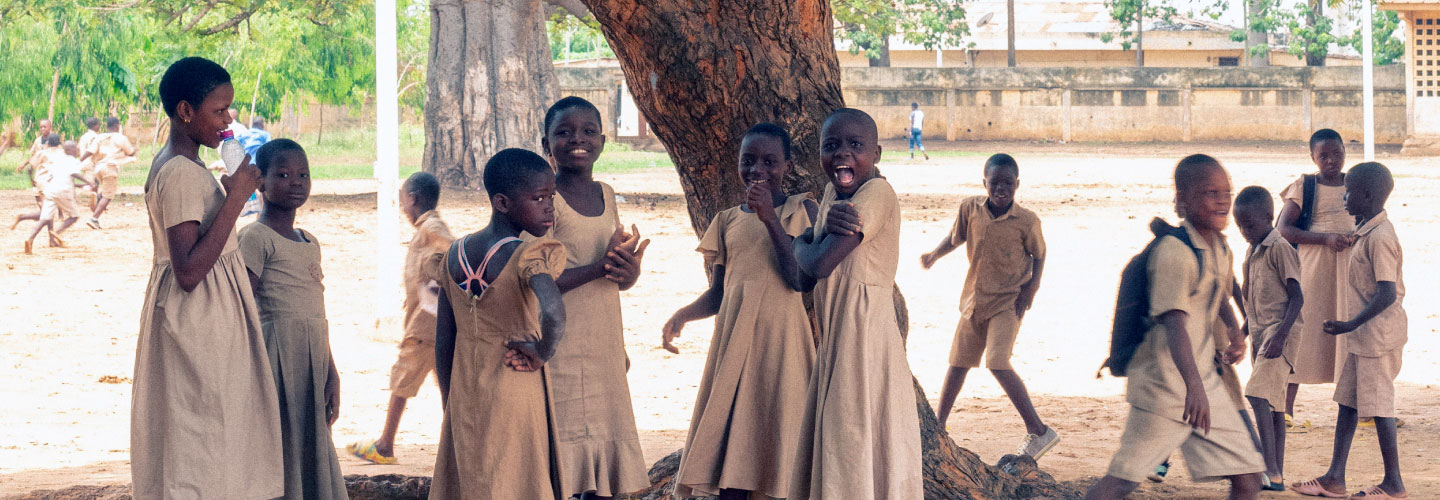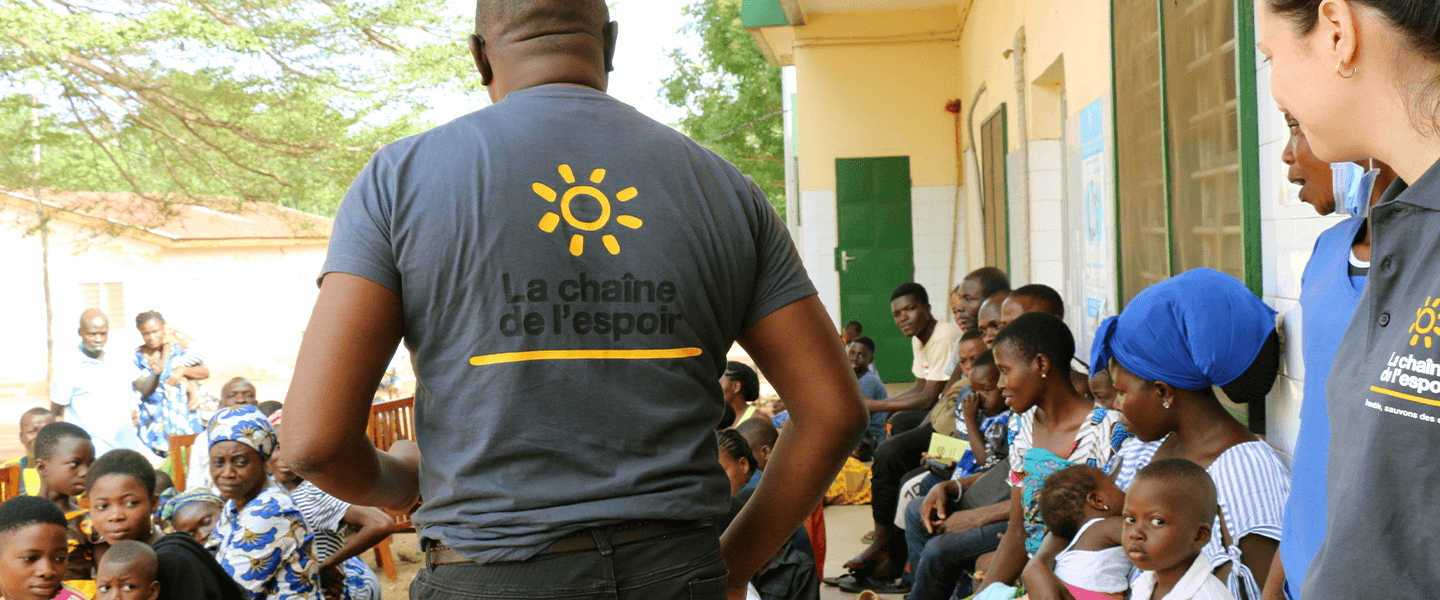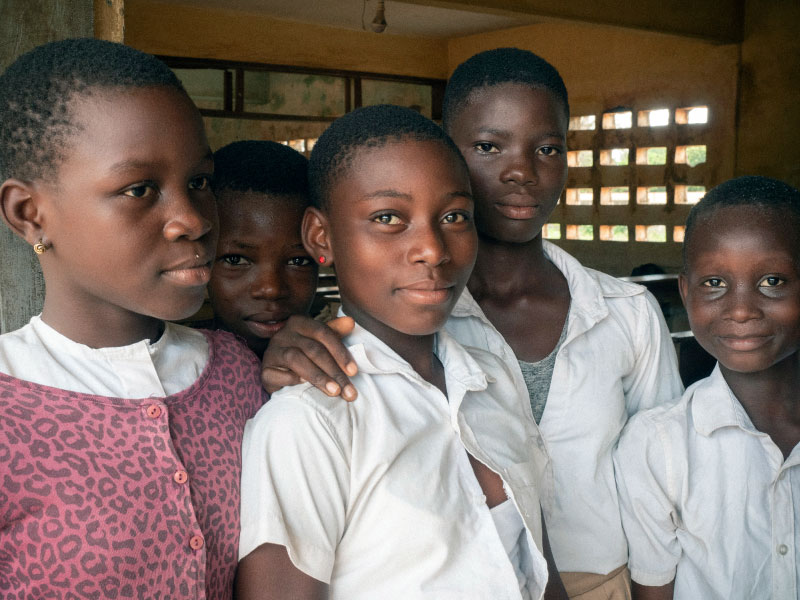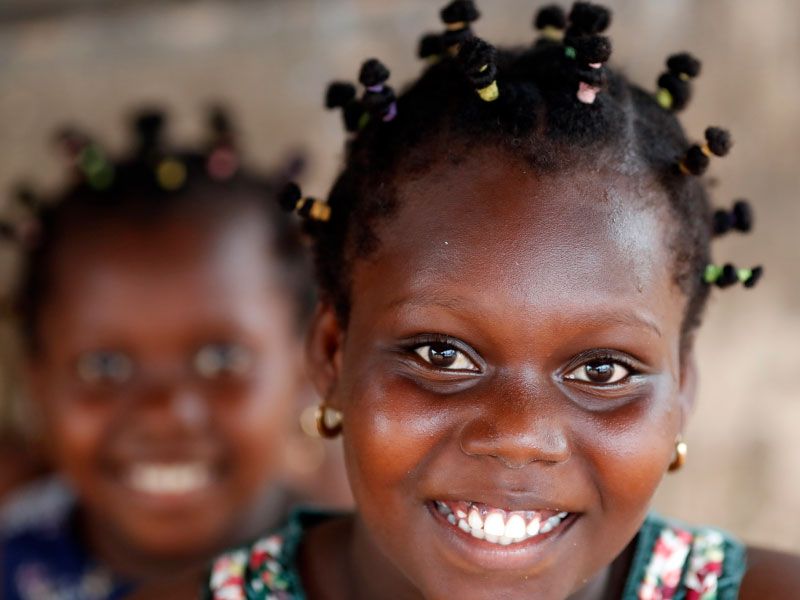WorldMenstrual Hygiene Day

What is World Menstrual Hygiene Day?
World Menstrual Hygiene Day is an international initiative celebrated every May 28 since 2014. She reminds us that menstruation, though universal, is still a taboo subject. taboo. Created to defend the right to menstrual hygiene decentThe aim of this day is to ensure that menstruation is recognized as an issue of public health, equity and human dignity. It alerts us to persistent inequalities: lack of access to sanitary protection, inadequate infrastructures, school drop-out rates for women, etc. young cultural taboos.
The date of World Menstrual Hygiene Day
World Menstrual Hygiene Day is celebrated every year on May 28. This symbolic date symbolizes the average menstrual cycle: 28 days, with periods lasting an average of 5 days, May being the fifth month of the year. Launched by German NGO WASH United in 2014, the day aims to end the silence and stigma surrounding menstruation.
How to the actions of Chain of Hope fit–s International Menstrual Hygiene Day?
Chaîne de l’Espoir is actively involved in promoting menstrual health, particularly through its “Ma santé, mon école” program in Togo. Launched in 2019 and currently in its second phase, this project aims to improve health and education conditions in several schools in Lomé.
Our actions in Togo includeSexual and reproductive health education is organized around awareness-raising sessions designed to inform pupils, especially girls, about how to manage menstrual hygiene. In the long term, this helps to reduce absenteeism from school due to menstruation. Training is also provided for teachers to enable them to better support pupils on menstrual health issues and combat persistent prejudice.
In addition, the right to dignified menstrual health also requires the provision of suitable infrastructures. That’s why this project includes the construction and rehabilitation of latrines, as well as the installation of hand-washing facilities, creating a healthier and more welcoming school environment for girls.
By integrating menstrual health into its programs, La Chaîne de l’Espoir is helping to create a school environment where girls can learn and flourish without being hindered by obstacles linked to their menstruation.
Photo credits: La Chaîne de l’Espoir / Bernard Matussière, Pascal Deloche / Godong






